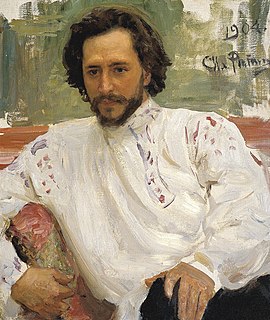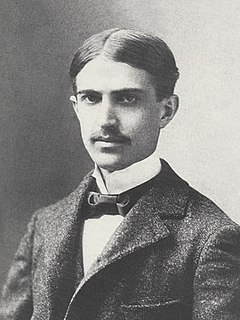A Quote by Benjamin Disraeli
Related Quotes
It is as if the soul of the continent is weeping. Why does it weep? It weeps for the bones of the buffalo. It weeps for magic that has been forgotten. It weeps for the decline of poets.It weepsfor the black people who think like white people.It weepsfor the Indians who think like settlers.It weepsfor the children who think like adults.It weepsfor the free who think like prisoners.Most of all, it weepsfor the cowgirls who think like cowboys.
The weeping of the guitar begins. The goblets of dawn are smashed. The weeping of the guitar begins. Useless to silence it. Impossible to silence it. It weeps monotonously as water weeps as the wind weeps over snowfields. Impossible to silence it. It weeps for distant things. Hot southern sands yearning for white camellias. Weeps arrow without target evening without morning and the first dead bird on the branch. Oh, guitar! Heart mortally wounded by five swords.
Nature is man's inorganic body -- that is to say, nature insofar as it is not the human body. Man lives from nature -- i.e., nature is his body -- and he must maintain a continuing dialogue with it is he is not to die. To say that man's physical and mental life is linked to nature simply means that nature is linked to itself, for man is a part of nature.



































